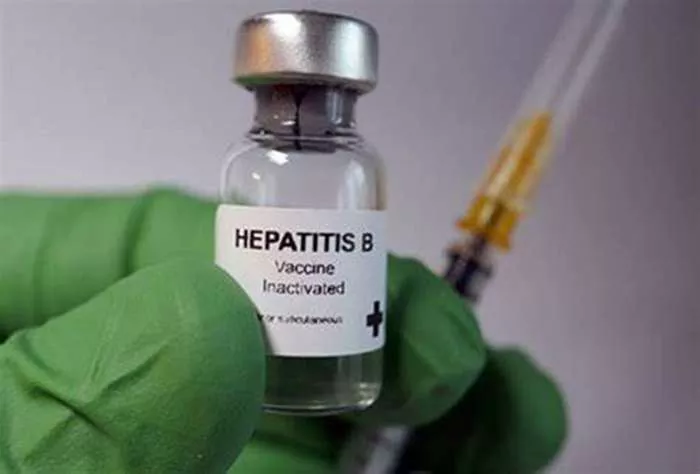Chronic hepatitis B can lead to serious liver problems, including fibrosis—a condition where scar tissue builds up in the liver. Over time, this scarring can cause the liver to stop working properly. While antiviral treatments help control the virus, there have been few options to repair the damage it causes. Now, a new drug called hydronidone is showing promise in treating liver fibrosis, offering hope to millions, especially women who may face higher risks.
Liver fibrosis develops when long-term inflammation from hepatitis B damages liver cells. Women with hepatitis B often experience faster liver damage due to hormonal differences, making early treatment crucial. Hydronidone works differently from antiviral drugs—instead of attacking the virus, it helps break down scar tissue and may even help the liver heal itself.
Recent studies in China have found that patients taking hydronidone had softer, healthier livers after treatment. While more research is needed, these results are encouraging. The drug appears to be safe, with only mild side effects like tiredness or stomach discomfort reported so far.
Doctors say this could be a major step forward, especially for women who are more vulnerable to liver complications. However, they stress that regular check-ups and antiviral therapy remain essential. Hydronidone is not yet widely available, but clinical trials are ongoing, and patients with advanced fibrosis may want to ask their doctors about access.
This discovery highlights the importance of liver health, particularly for women living with hepatitis B. Early detection and treatment can prevent severe damage, and new therapies like hydronidone may soon offer even more protection. Always consult a healthcare provider before starting any new treatment.
Related topics:
- Scientists Discover New Cancer Detection Method: Tracking How Cells Move Could Save Lives
- New Hope for Achondroplasia: Breakthrough Treatments Transforming Lives
- Clean Water and Sanitation Key to Stopping Cholera Outbreaks, Study Finds

